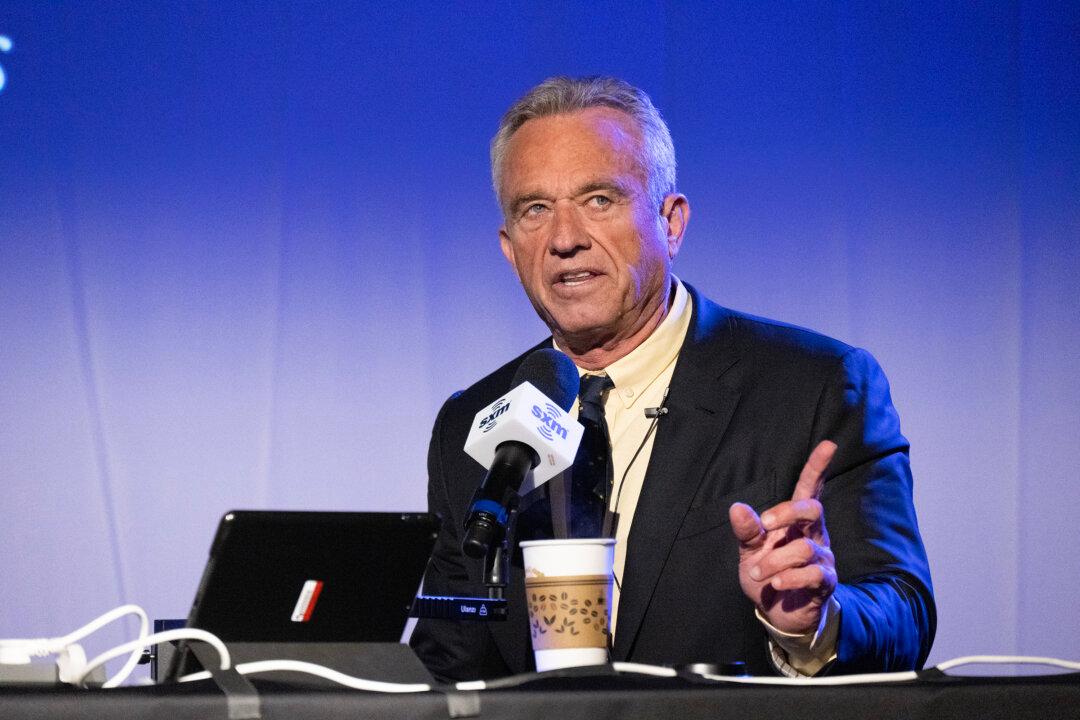On the afternoon of June 30, before one of the busiest holiday weekends in America, the Biden administration issued a memo announcing that because of national security concerns, it was going to postpone the release of certain classified documents relevant to the 1963 assassination of President John F. Kennedy (JFK).
Despite the quiet announcement on the eve of the July 4 weekend, the decision sparked outrage led by Robert F. Kennedy Jr. (RFK Jr.), who has, in recent times, openly speculated that the CIA was behind his uncle’s assassination and that he could be in danger from the agency.




